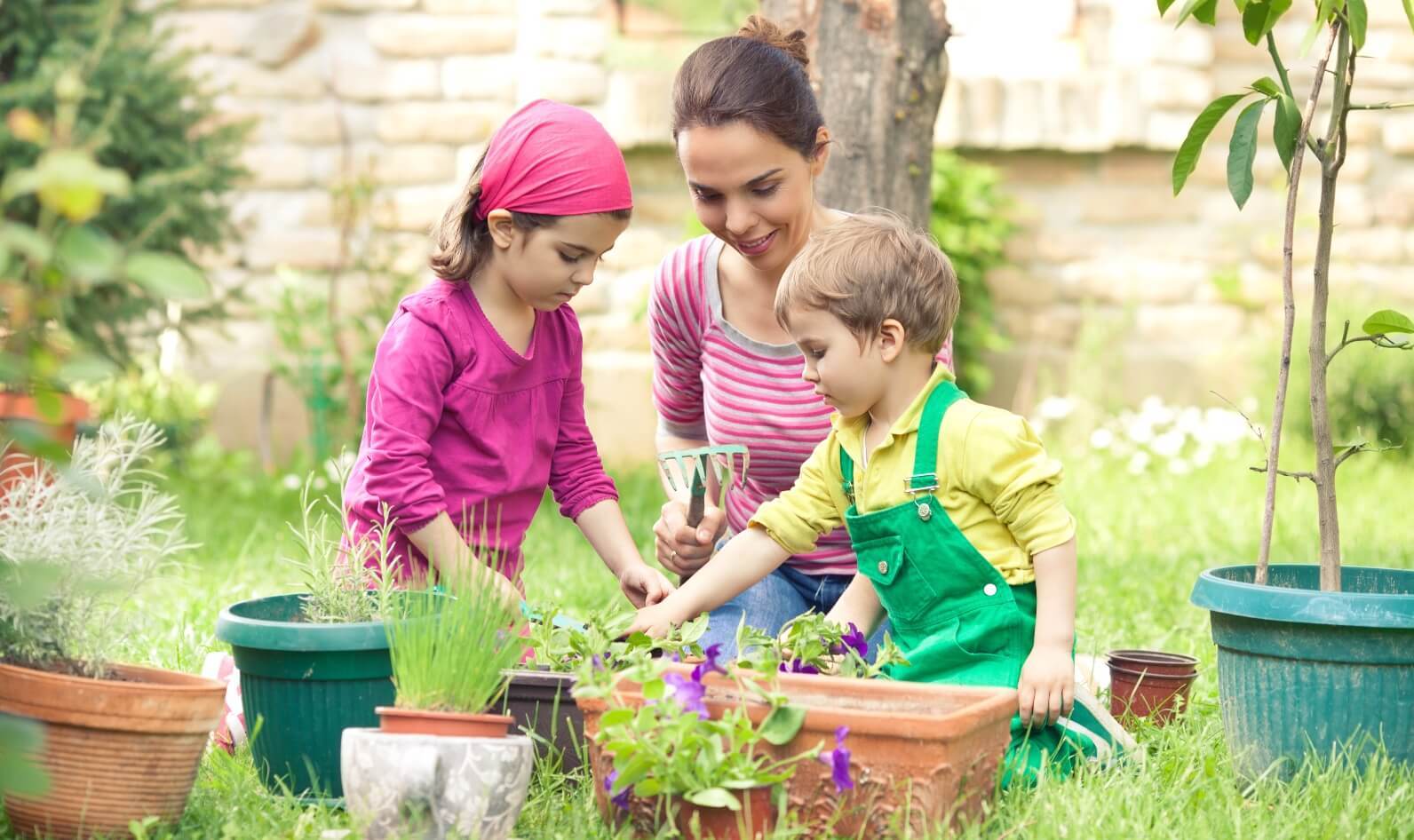Expanding Eco-friendly Thumbs: a Newbie's Trip Into the World of Gardening
Are you anxious to obtain your hands filthy and start expanding your own yard? Look no more! In this article, we'll take you on a newbie's trip into the world of horticulture. You'll find out about picking the right plants, recognizing dirt and compost, and necessary horticulture tools. We'll also instruct you sprinkling and fertilizing strategies and exactly how to take care of common garden insects. Prepare yourself to grow your environment-friendly thumb and view your yard prosper!
Choosing the Right Plants
1. You need to assess your horticulture room and figure out the number of plants that will fit conveniently. This step is important due to the fact that overcrowding can bring about stunted growth and disease. Measure the measurements of your yard beds or pots and compute the readily available room. Consider the mature dimension of the plants you plan to expand. Some veggies and herbs need even more area than others, so it's vital to do your research study.
When you have a clear concept of your gardening space, it's time to pick the appropriate plants. Consider what you take pleasure in eating or what flowers you discover most enticing. Think about the environment and sunshine conditions in your location. Certain plants thrive completely sun, while others favor partial color. Remember of any type of microclimates in your garden, such as locations that get essentially sunlight than the remainder. This will help you select plants that are suited to your particular problems.
If you're new to gardening, decide for plants that are simple to expand and require marginal maintenance. Select plants that have a much shorter maturation period if you live in an area with a shorter expanding season.
Comprehending Dirt and Compost
Dirt is the foundation of your yard, offering nutrients, water retention, and support for your plants. It is vital to have an excellent understanding of your dirt kind, whether it is sandy, clayey, or fertile, as this will certainly identify the types of plants that will certainly grow in your garden. Keep in mind, a healthy and balanced and productive dirt is the vital to an effective garden, so take the time to understand your dirt and include compost to ensure your plants grow.

Crucial Gardening Devices
A good set of gardening handwear covers is an essential to protect your hands from thorns, irritable plants, and dust. A garden pipe or watering can is essential for maintaining your plants moistened. A sturdy pair of trimming shears or secateurs is essential for trimming and forming your plants.
Watering and Feeding Techniques

Taking Care Of Common Yard Vermin
As a newbie gardener, you might encounter typical yard bugs that can damage your plants. These parasites can range find out from pests like aphids, beetles, and caterpillars, to little animals like squirrels and rabbits. It is essential to be able to deal and recognize with these insects efficiently in order to protect your plants and make certain an effective yard.
One of the very first steps in handling yard parasites is to routinely check your plants for any kind of indications of invasion. Search for eaten fallen leaves, holes in the vegetation, see or the visibility of little pests. If you identify any kind of insects, it is essential to do something about it promptly to stop them from spreading and causing additional damage.
There are several techniques you can use to manage garden pests. Furthermore, there are natural parasite control sprays available that can aid prevent and eliminate common yard insects.
Remember, avoidance is vital when it concerns managing garden pests. Keeping your garden totally free and tidy of particles can help in reducing the probability of a problem. Consistently getting rid of weeds and dead plants can likewise assist eliminate hiding places for pests.

Verdict
Congratulations on completing your beginner's trip right into the globe of horticulture! By choosing the right plants, comprehending soil and garden compost, using essential gardening tools, and understanding watering and fertilizing methods, you have actually established on your own up for success. Don't neglect to stay alert in managing typical garden bugs to ensure your plants flourish. With your newly found knowledge and green thumbs, your garden will flourish and bring read the full info here you countless happiness and appeal (gardening kit for beginners). Pleased horticulture!
Soil is the structure of your garden, giving nutrients, water retention, and support for your plants. It is vital to have a good understanding of your soil type, whether it is sandy, clayey, or loamy, as this will establish the kinds of plants that will grow in your yard. Remember, a productive and healthy dirt is the key to a successful yard, so take the time to understand your dirt and include garden compost to ensure your plants thrive.
As a newbie garden enthusiast, you may run into common garden insects that can create havoc on your plants. It's important to be able to identify and deal with these parasites efficiently in order to shield your plants and make certain an effective garden.